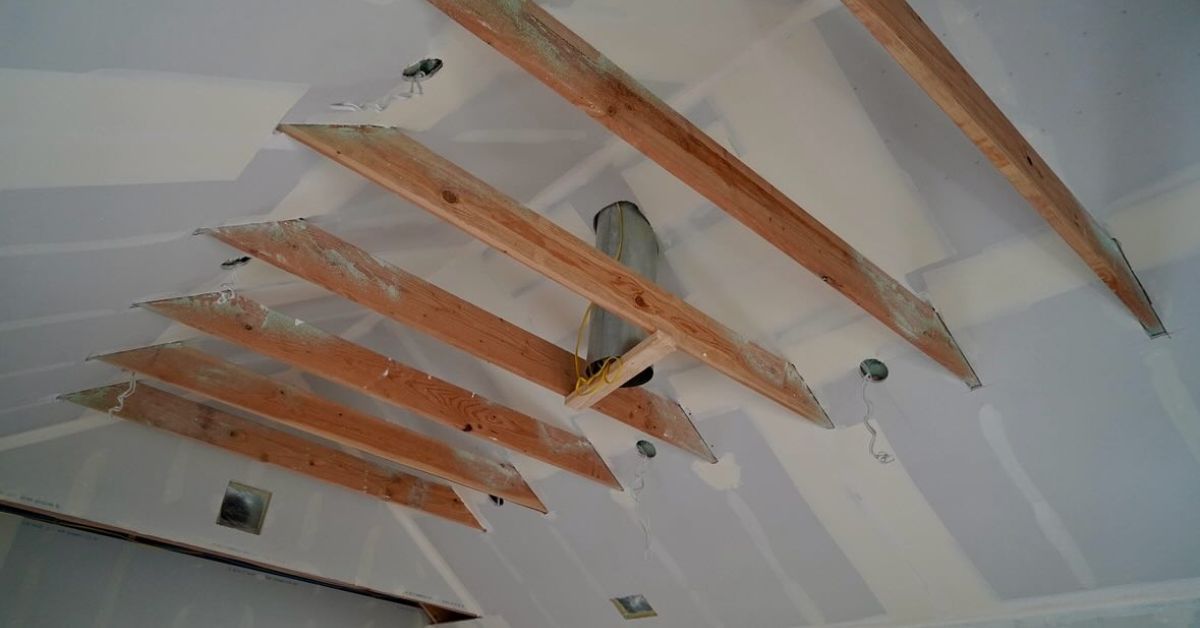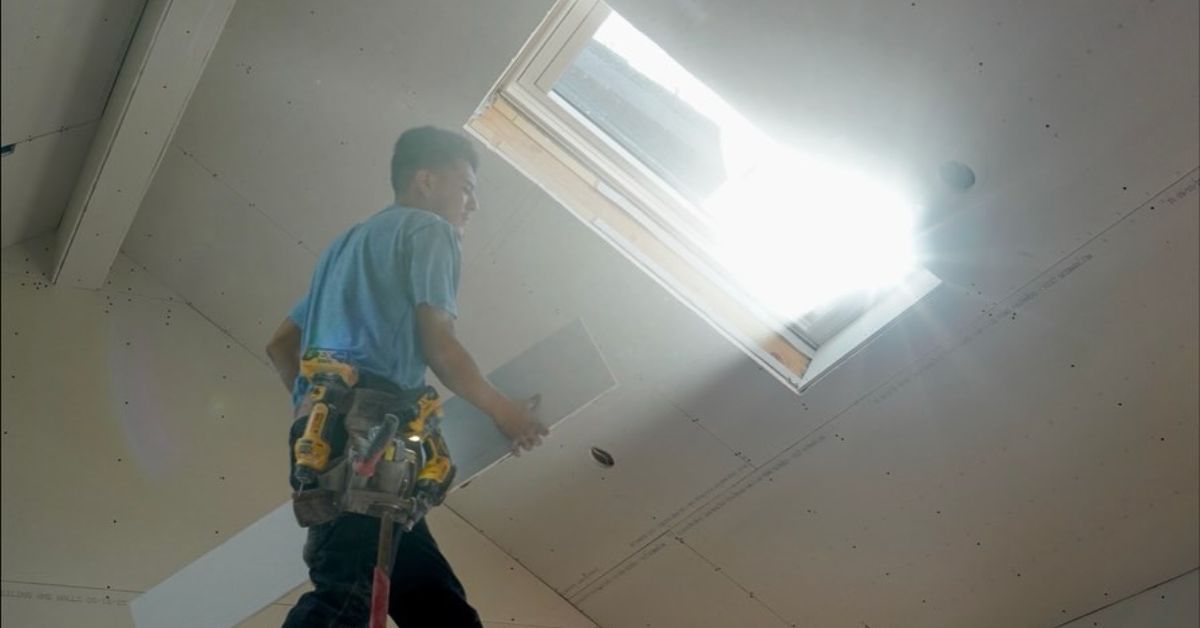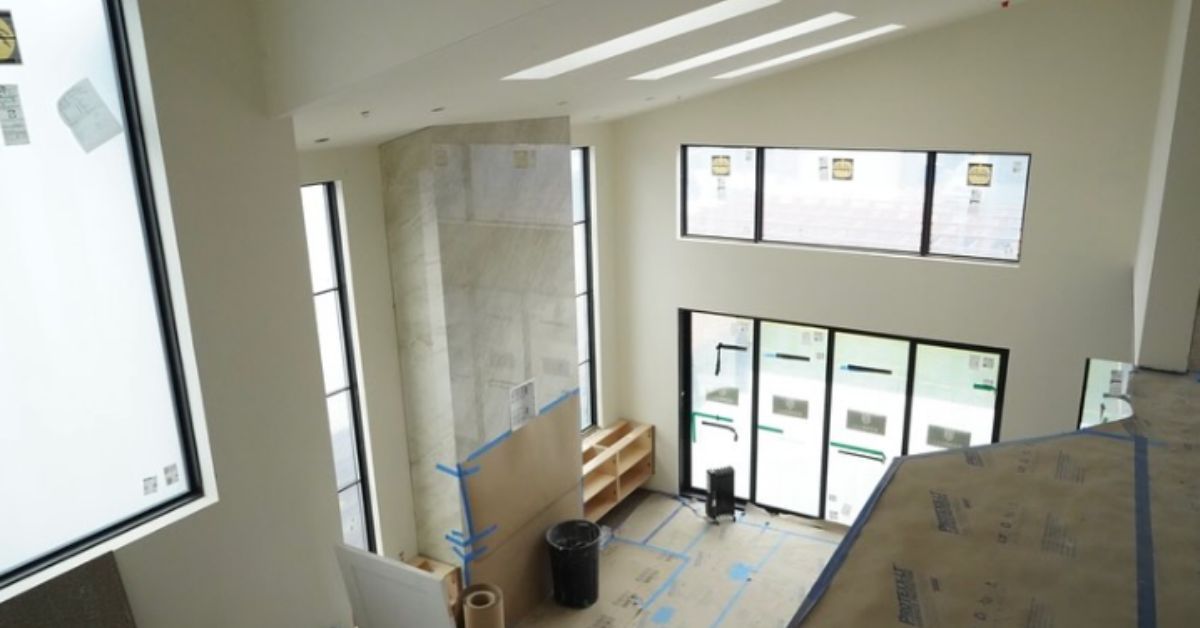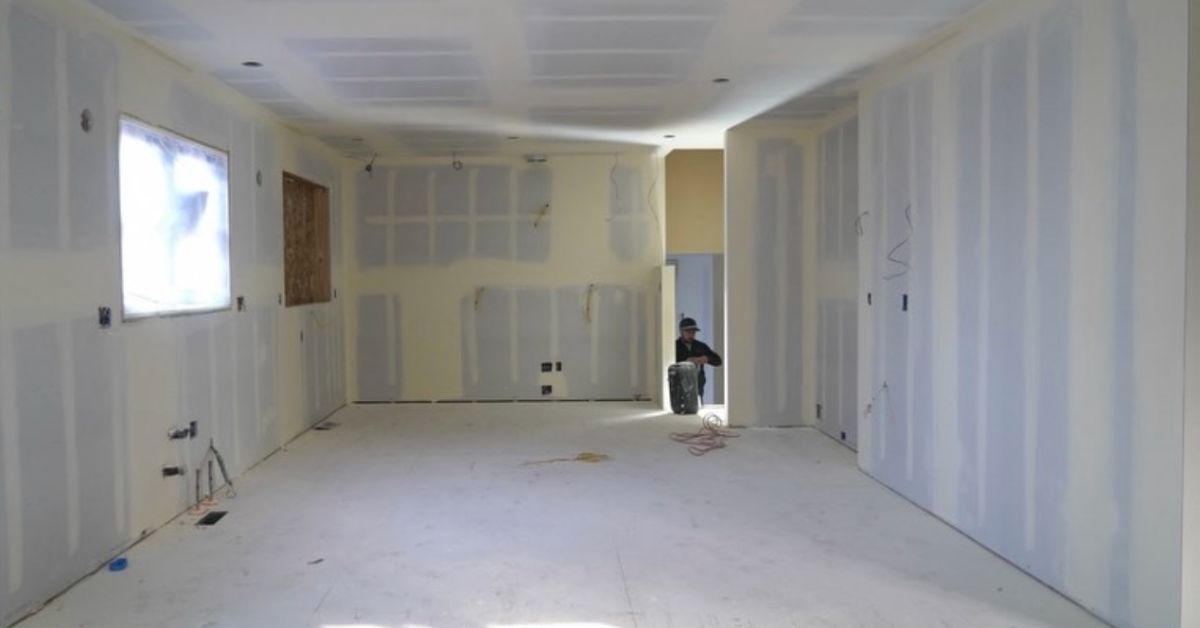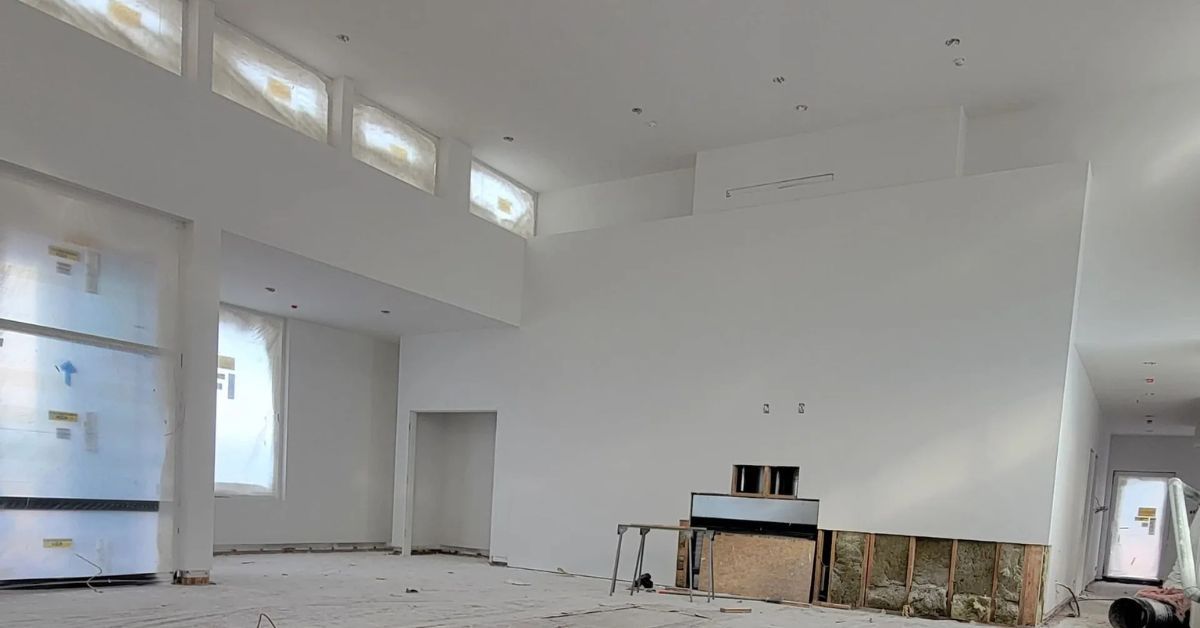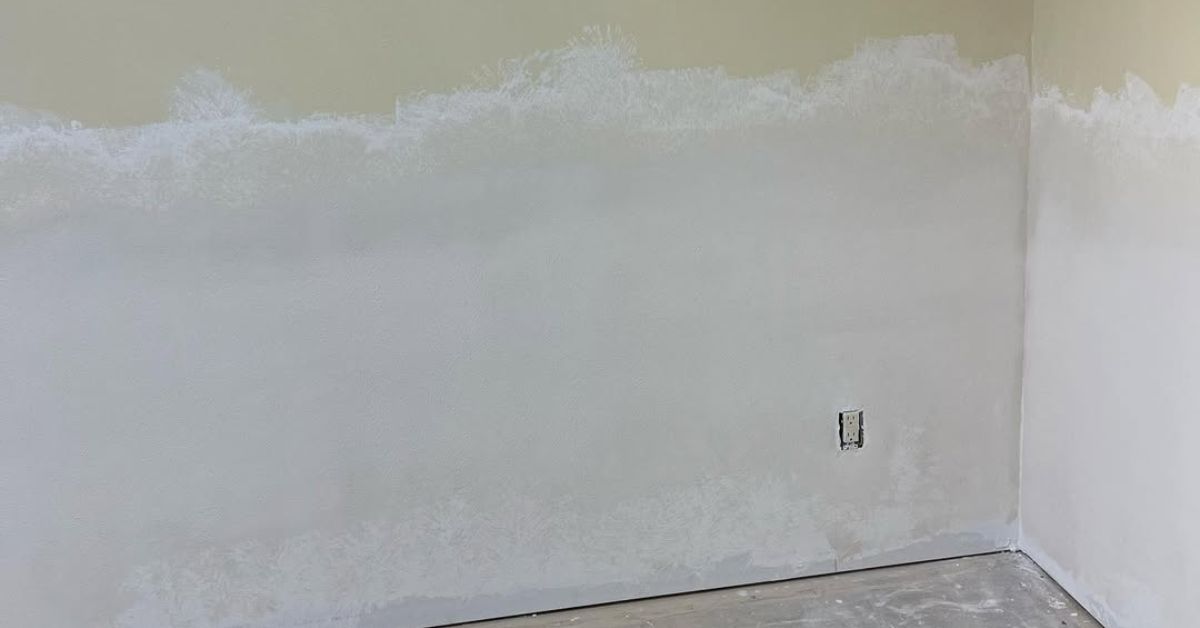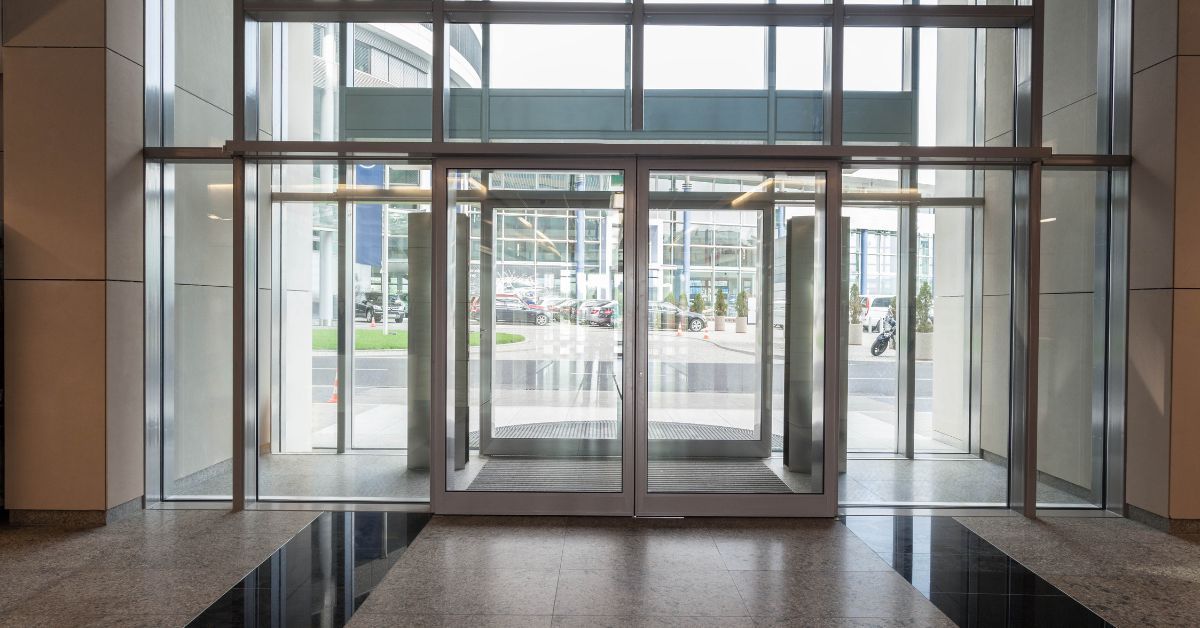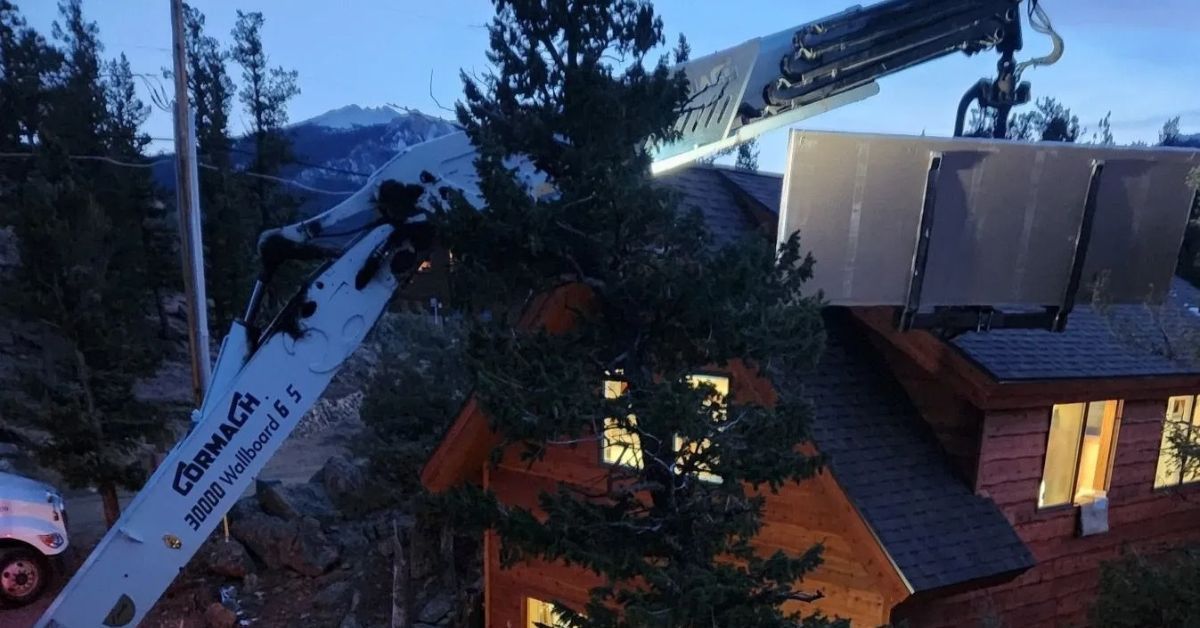What To Consider When Hiring a Commercial Drywall Installer
Choosing the right commercial drywall installer is one of the most crucial decisions you’ll make for your construction or renovation project. The installer you select plays a direct role in determining the quality, efficiency, and overall success of the job.
Whether you’re managing a large-scale office construction or a retail build-out, working with experienced professionals who can meet your expectations and project requirements is essential. To get the results you’re looking for, know what to consider when hiring a commercial drywall installer .
Licensing and Certifications
Before hiring them, make sure the installer is properly licensed and certified to operate in your area. Licensing ensures that they meet the legal and industry requirements specific to your region. Certifications will reflect their commitment to maintaining professional standards and staying updated on best practices. A reliable installer will have no issue providing proof of licensing and certifications for your peace of mind.
Professional Reputation
An installer’s reputation says a lot about their professionalism and quality of work. Look for reviews and testimonials from previous clients to gain insight into their performance.
Don’t hesitate to ask the installer directly for references you can contact to hear more about their experiences. Positive reviews and word-of-mouth recommendations are strong indicators of reliability, while consistent negative feedback should raise concerns.
Portfolio of Work
A strong portfolio of completed projects can help you judge the installer’s capabilities and expertise. Ask to see examples of their past work, especially projects similar to what you’re planning. A thorough review of their portfolio will give you a sense of their craftsmanship, attention to detail, and ability to meet project specifications. This step can also help you determine if their style and approach align with your expectations.
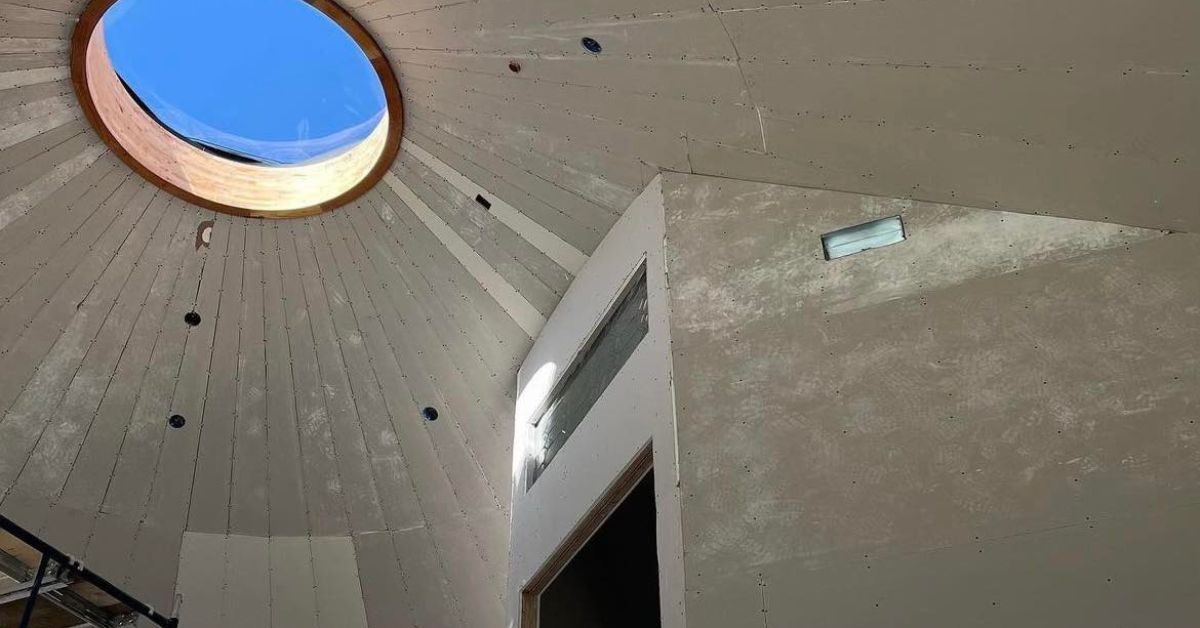
Their Whole Team
The success of a drywall installation project depends on the entire team working on it. Ask whether they have a fully skilled and experienced crew in place. A well-trained, coordinated team will ensure they complete the process efficiently and without unnecessary delays. The team’s professionalism and expertise play a significant role in delivering high-quality results.
Their Process
An installer with a clear and well-defined process is more likely to deliver a smooth, hassle-free experience. Ask them to walk you through their approach, from the initial planning stages to the final inspection. Understanding their process can help reveal how well they communicate, how they handle unexpected issues, and how effectively they stay on schedule.
Availability
Time is often a critical factor in construction projects where delays can lead to additional costs and disruptions. Before hiring, confirm that the installer has both the availability and resources to meet your deadlines without compromising on quality.
If an installer is juggling too many commitments, their focus on your installation might suffer. Discuss scheduling upfront to ensure they can dedicate the necessary time and attention to your project. An installer who can clearly outline a timeline and stick to it demonstrates reliability and professionalism.
Range of Material Options
The materials used in drywall installation can significantly impact the durability, safety, and overall finish of your project. A reputable installer should take the time to guide you through the selection process, explaining the pros and cons of each option. Whether it’s fire-resistant drywall for added safety, soundproofing options for noise control, or eco-friendly alternatives to reduce your environmental footprint, understanding your choices is crucial.
Safety Practices
Safety should always be a top priority on every construction site. Confirm that the installer follows strict safety protocols to protect workers, clients, and anyone else on-site. Ask about their approach to workplace safety, including their use of protective equipment, adherence to local regulations, and procedures for handling potential hazards.
An installer with solid safety practices can reduce the risk of accidents, prevent costly delays, and create a smoother working environment. Additionally, inquire about their track record—installers with a history of safety violations or lax practices will not be the best choice for your project.
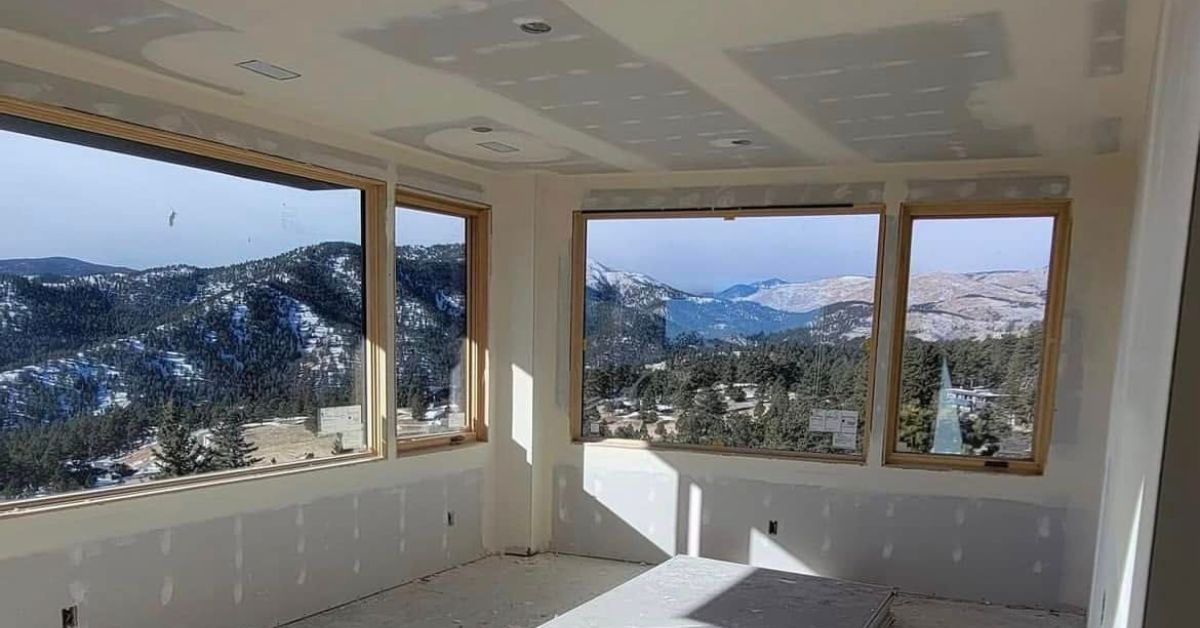
Insurance Coverage
Insurance is essential for protecting both you and the installer during a project. Verify that they carry appropriate insurance, such as liability coverage and workers’ compensation, to safeguard against potential risks. Accidents, property damage, or on-site injuries can occur at any time, and having the right insurance means you won’t be held financially responsible.
Communication Skills
Good communication is the foundation of any successful project. Choose an installer who listens carefully to your concerns, responds promptly to your inquiries, and provides clear updates throughout the process. Effective communication minimizes misunderstandings, fosters trust, and ensures that your expectations are met every step of the way.
Pay attention to how the installer interacts with you during initial discussions. An installer who values clear and open communication will make the entire project experience much smoother and more collaborative.
Detailed Estimates
A detailed, itemized estimate is crucial for understanding the full scope of the project’s costs. Request a written estimate that breaks down labor, materials, and any additional expenses, so you have a clear picture of what you’re paying for. This level of transparency helps you avoid unexpected charges that can blow your budget. It also enables you to compare quotes from multiple installers more accurately, ensuring you’re getting the best value for your investment.
Problem-Solving Capabilities
A seasoned professional brings more than just technical skills—they also bring valuable knowledge and problem-solving abilities that can save you time, effort, and money. Challenges are a normal part of any construction project, and how an installer handles them can make all the difference. An experienced installer should have the skills and adaptability to manage unforeseen issues efficiently and professionally.
During your discussions, ask how they’ve addressed problems on past projects. An installer who can think critically and act decisively when complications arise is invaluable and can help you avoid unnecessary stress during the installation process.
By carefully considering these key factors when hiring a commercial drywall installer , you can partner with someone who delivers professional results, stays on schedule, and exceeds your expectations. If you’re looking for the best of the best when it comes to commercial drywall installation , let Rival Drywall help you. We’ll ensure that your project meets your needs and provides long-term value and durability.

